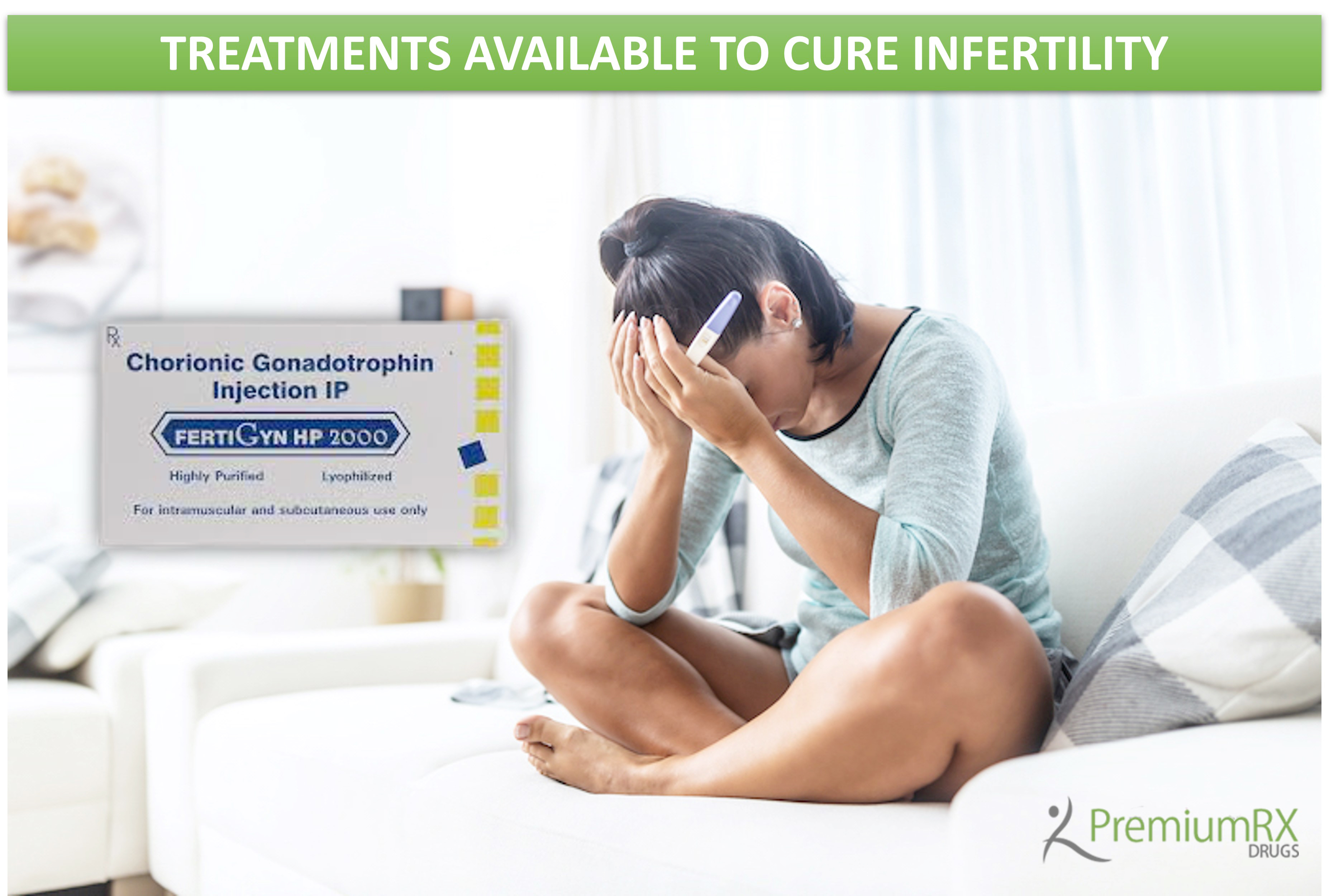Infertility is one of the common reproductive health issues faced by millions of people around the world. It is no longer a taboo; medical science has achieved enough progress to deal with Infertility. But a reproductive issue like infertility can cause serious issues both emotionally and physically. Infertility can take a huge toll on the emotional health of both males as well as females. As science keeps advancing, the chances of getting faster and better results from infertility treatments are also increased.
Different Fertility Treatment and their Methods:
The technique the patient may need to treat infertility may depend largely on the cause of their infertility. Here are the common techniques or methods used:
- Drugs to improve fertility/fertility drugs:
These drugs are sometimes used for women who are not able to ovulate regularly or by those whose partners have very poor sperm quality. These can be used alone, but can also be used in together with assisted conception. The success rate is 40 to 45 per cent. These drugs are low-cost and relatively convenient, hence are considered the first choice by infertile couples.
Some of the infertility drugs are clomifene, Gonadotrophin medicines, medicines containing gonadotropin-releasing hormone-containing drugs, HCG drugs, Metformin, etc.
- Surgical treatments–couples who are diagnosed with diseases or abnormalities are often prescribed to undergo surgical treatments. In cases such as endometriosis, which may cause scarring and blockages, fallopian tube problems, PCOS or polycystic ovarian syndrome, fibroids and male infertile problems.
- Assisted conception– those couples who aren’t successful to reproduce even after the above-said methods and treatments are suggested to go through several techniques such as:
-
- Intrauterine insemination (IUI): in this assisted method, washed and selected sperms are inserted into the uterus through a thin catheter. To increase the chances of conception you may well be given fertility drugs. The chances are about 60 to 70 per cent of pregnancy after 6 cycles. It is a simple surgical procedure. The success rate may depend upon the woman’s age and the quality of the man’s sperm.
- In vitro fertilisation (IVF): IVF is a very good technique that is commonly used for infertility that is caused by blocked Fallopian tubes. During IVF, eggs are harvested and retrieved. Then each egg is mixed with sperm that can be either obtained by the male partner or from a donor. The egg and sperm mixture is fused in a laboratory dish to cause fertilization to form embryos. The embryo is then placed inside a woman’s womb using a fine plastic tube that is passed through the cervix. Treatment of IVF is costly and physically very demanding. The technique may require a careful regimen of fertility drugs before the start of each cycle of treatment.
- Gamete intrafallopian transfer (GIFT): the technique is similar to the IVF, but the only difference is that the collected sperms and gametes are mixed but not allowed to fuse outside the body, in fact, the mixture is immediately placed inside the fallopian tube or womb of the women and the fertilization is allowed to take place naturally inside the female body.
- Intracytoplasmic sperm injection (ICSI): In case the males have a low sperm count or they are not able to penetrate the egg to fertilise the egg, ICSI is used. In this method, the washed sperm is directly injected into the egg in the female body bypassing any natural barriers that may be preventing fertilization.
The role of HCG drugs in treating infertility:
HCG drug is one of the newest fertility drugs recommended by doctors during medically-assisted fertility treatments. HCG is a protein hormone that is produced by the placenta and it is quite required to sustain a pregnancy. HCG is now being used as an injectable medicine. In most cases, HCG injection before an embryo transfer during IVF is known to increase the chances of success. HCG injections are used in many cases to assist pregnancy and conception. It is successfully used for:
- Triggering ovulation for women with PCOS
- Assist with IUI, IVF or ICSI
- Increasing sperm count in males having a low sperm count
- Stimulating the development of male testicles in underdeveloped males/boys
- Maintaining the level of progesterone during the initial few days of insemination
Apart from these techniques, some other options are also available for infertile couples such as the utilization of donor eggs and surrogacy.
Donor eggs are used in those cases where the female is not able to produce eggs and hence the donated egg is fertilized with the recipient’s partner and then implanted into the recipient’s womb. The success rate is good in the case of fresh donor eggs.
In surrogacy, the egg and the sperm of the infertile couple are fertilised outside and then transferred to another woman who becomes the surrogate mother. In this case, donor eggs/donor sperms may also be used. You can also buy HCG online for infertility from premiumrxdrugs at a low price with genuine quality.
Marie
Latest posts by Marie (see all)
- Revize Micro Gel 0.025% | Uses, Price, Side effects - April 9, 2025
- What is Evalon Cream: How to Apply, Benefit, who Can Use - April 4, 2025
- Understanding Avanair 200 mg: A Comprehensive Guide - April 4, 2025




